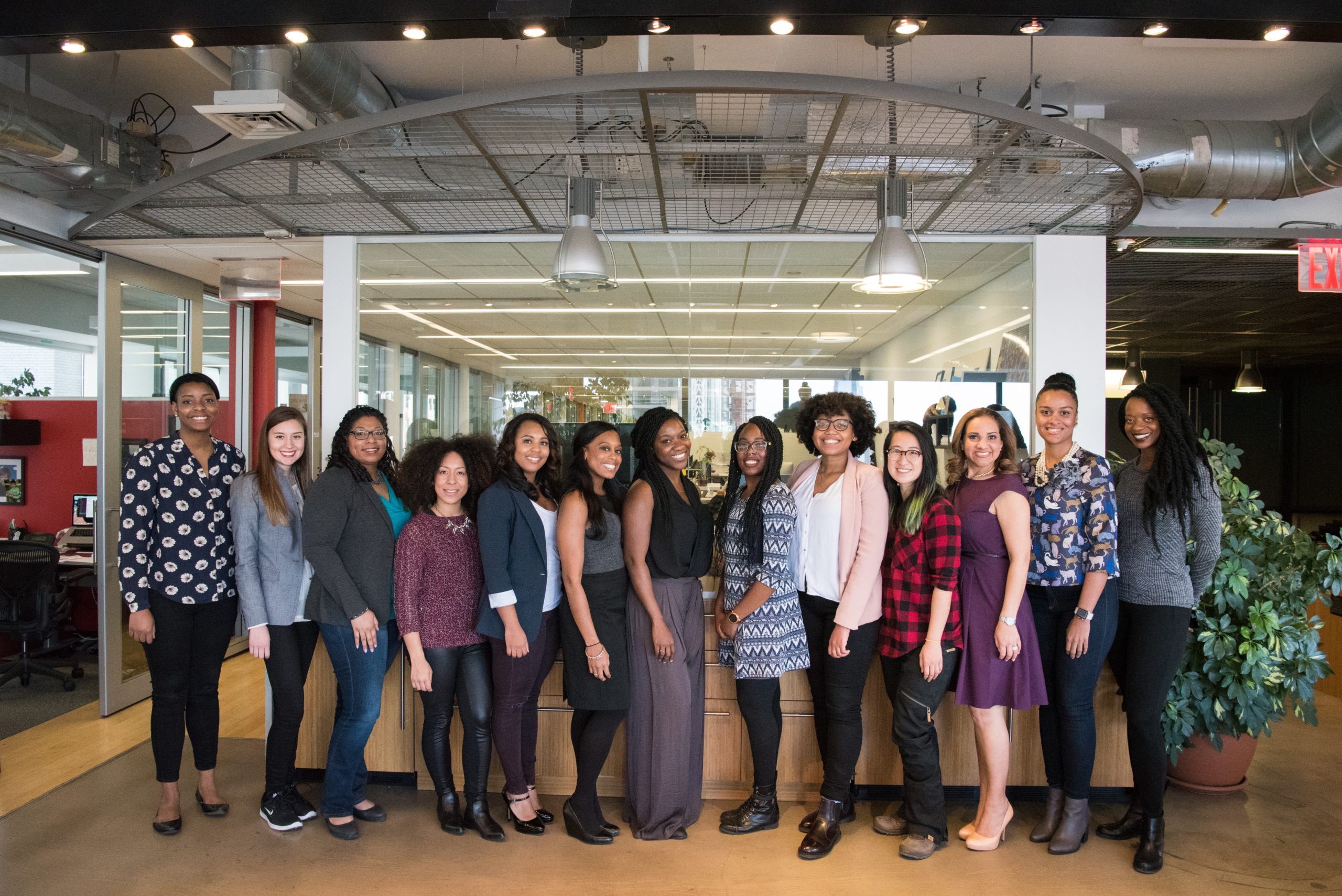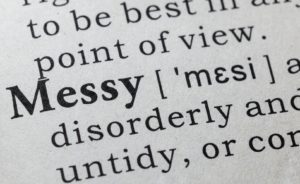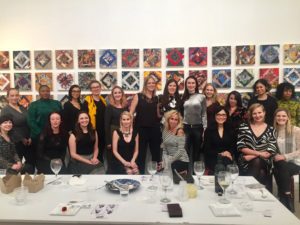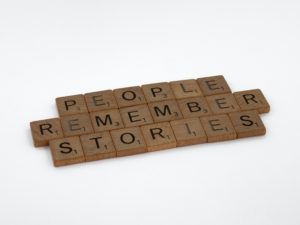Why did Tufts University conduct 9 focus groups of women stakeholders this year, while Bowdoin College did 5 early this summer, Furman University did 6 last year and Elon University is about to conduct 4 this fall?
They know the power of deeply listening to women’s feedback to learn what resonates with all those who identify as women, rather than unconsciously approaching them for engagement and support in ways that turn them off. They are committed to a key principle of successful women’s philanthropy: Women’s Input is Key to design a tailored and bold initiative that welcomes in all that women have to offer. Focus groups are a winning tactic to put this important principle into action.
Focus groups have been a successful time-tested approach across many facets of fundraising. From engaging young alumni to investigating how, when, and why donors make planned gifts, focus groups provide fundraisers with a fountain of valuable insights about donor motivations and behavior.
For over two decades, focus groups also have been a critical factor in creating women’s philanthropy initiatives in higher education. Just as clinical trials for disease should include women as well as men (since treatment responses differ by gender), so too should fundraisers engage women to learn about their unique motivations, preferences for giving, and philanthropic goals.
Focus groups with women are mutually beneficial to the institution and participants.
- Fundraisers who listen deeply often break through their myths that women don’t give, or don’t give as much, or take longer to make a gift. They gain a deeper understanding about the motivations and behaviors of these historically under engaged donors.
- Focus groups are a way for participants to feel heard and valued when they may easily have felt overlooked. The institution can leverage focus groups to connect and cultivate donors in a meaningful way – most people are honored to be invited to share their thoughts.
- The participants learn they are not alone in their philanthropy; they rub elbows with other women who also care deeply about the cause. This is important because in finding other women with similar interests and values, they begin to create a powerful community of dedicated donors.
- UCLA ran focus groups over 25 years ago when they started their successful Women and Philanthropy Program. They found that with thoughtful questions and facilitation, the participants began to realize their own philanthropic potential.
- Finally, anecdotal information from focus groups affirms the Women’s Philanthropy Institute’s (WPI) research about women’s philanthropy: men and women have different motivations for giving and different patterns of giving. For example, when Princeton held focus groups in the early 2000’s, the women donors stated their giving resulted from some level of meaningful involvement with the university. These donors also wanted to know about the impact of their support.
Is it worth the effort? Absolutely!
The effort is a set of actions you often do anyway as you analyze donor and prospect pools, design an event and invitation list, and set the event flow and roles. This particular event is a focus group where the majority of invitees often enthusiastically agree to participate. You will leave very energized by all you’ve learned.
Here are two examples of the many tangible outcomes:
Useful feedback about what might be possible
After reviewing notes from nine focus groups, Tufts University found thoughtful, consistent themes and suggestions that will be foundational for their first design of a women’s philanthropy initiative. Several of the ideas contain seeds of bold opportunities and measurable outcomes women said they’d like to be part of. The answers to the focus group questions posed and the stories they generated will result in new, more compelling ways that women of Tufts can support their alma mater.
Higher likelihood for a more powerful initiative
As I wrote in this blog about the power of deep listening, Furman University will soon launch a bold initiative for women to support the university. The initiative will encompass meaningful ways women can engage, increase the number of women leaders as well as have a high-impact philanthropic focus. The boldness of the effort came from the women volunteers who surfaced from the focus group conversations and became “all in” with their voices, talents, commitment and support across every step of the design.
How to Get Started
Gain Women’s Input Early
Consider gathering women’s input early in your work of designing a women’s philanthropy initiative. You will want the support of some key volunteer leaders who can host the conversations and personally share why they think paying attention to women is so critical. However, you don’t want to be so far along in your thinking (or design) that you have a fully developed plan. Focus groups are a time to be curious, open and willing to listen deeply. This early input will be an important part of shaping your later plan, along with data you’ve gathered and alignment with your institution’s strategies.
Host a Few Intimate Groups
Consider hosting four to ten focus groups with up to 15 women in each, plus a facilitator and someone to take notes. I’m not talking about a formal focus group with a one-way window and observers. Think of this as an intimate conversation with the same set of questions for each of your groups. Many focus groups have been successfully held virtually during the past year.
Be Inclusive with Invitations
The institutions above and many others used a wide set of criteria to invite women to share their input. They certainly included current high-level donors and key volunteers (such as members of the Board or a key committee), but also potential donors as well as women representing a variety of ages, ethnic and racial backgrounds. Most have found that they get a 70% plus return rate on the invitations. Women are excited to participate with other women in this way.
Probing Questions across 90 minutes
An effective focus group will include 4-5 questions in a 90-minute time frame. You want to allow enough time for discussion and sharing of each topic. The first question is often about telling one especially memorable experience in their philanthropic journey. The other participants and staff learn so much from hearing each other’s stories – it is a powerful moment. The subsequent questions slowly move more deeply into how they feel about their support for your institution (What is working? What is not?) and what they think will accelerate women’s support for your mission.
A closing question often asks if and how they want to stay involved. Here again, the majority of the participants raise their hands. There is often a real desire to be part of something bigger that will have a profound impact on the institution they care about so deeply.
Just Start
Focus groups enable fundraisers to engage any of their donors and prospective donors in meaningful conversation, ask for their advice, and deepen the relationship. However, convening women donors and prospects to think about and become part of creating a philanthropic initiative that is tailored specifically for them is a prime way to accelerate your fundraising for years to come. If you are interested in getting started, I’m happy to guide you – just give me a call.






